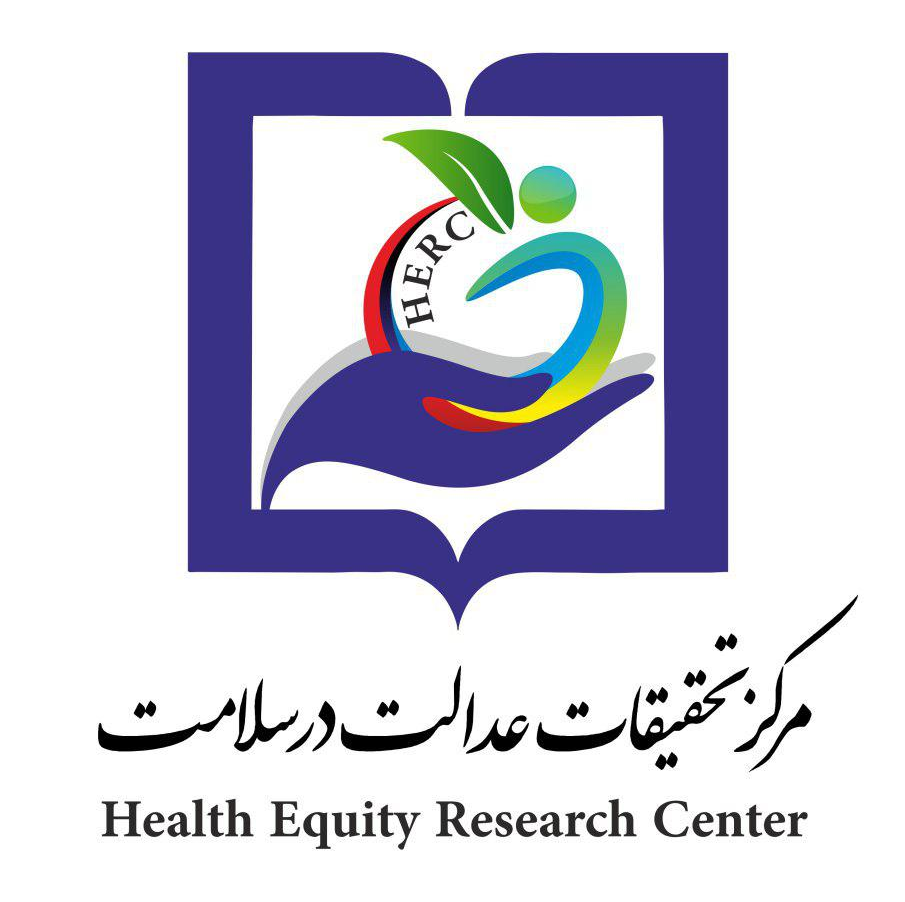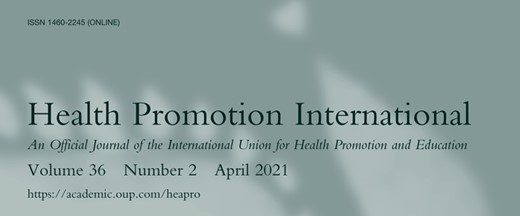Abstract
Due to the sanctions imposed by the USA government upon the Iranian health system, achieving the UHC might face some financial problems. This study aimed to make the best solution for the Iran health care system to overcome not only the temporary sanctions but also a program to reach the UHC goals through the strategic purchasing approach. This was a qualitative study carried out from 2015 to 2017 containing two phases: a comparative analysis and a three-step Delphi technique. In the first phase, the Garden model was applied to select the countries. In the second phase, 20 experts who specialised in health management, health economics, and health insurance science were asked. Data were analyzed with SPSS (version 20.0) and STATA (version 15.0) In the threat of trade and economic sanctions imposed on the Iranian health care system, the experts identified and emphasized that the vulnerable groups to receive financial assistance can be the retired, fecund women, teenagers and people with lower wages. The experts thought that, in the context of resource constraints, different payment systems are proposed for cities and villages based on the different needs of local population. Considering the difficult situation, this study focused on how Iran can cope well in a dangerous situation and economies the health expenditure applying strategic purchasing as one of the key tools in controlling costs to achieve universal health coverage. Economic evaluation, payment system, and priority population are the linchpins of the UHC. Universal health coverage, if it is to be considered, not only is applicable, but it could also be a solution for future generations. Therefore, the proposed policy proposals can provide both a short-term and long-term basis for the health care system of countries that are facing budget constraints or are basically low-income.



No responses yet